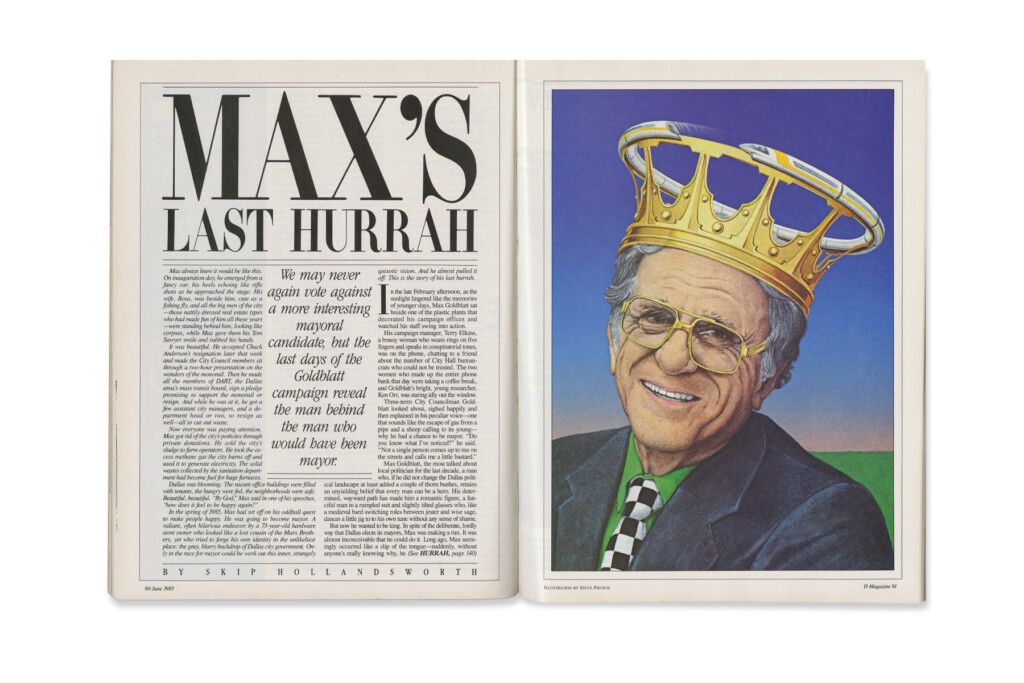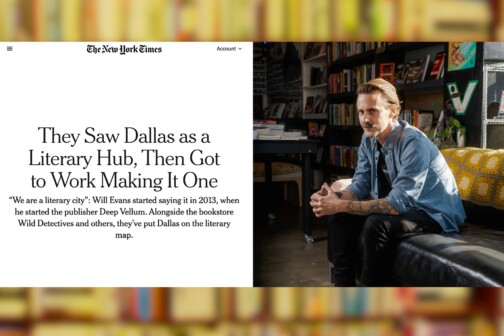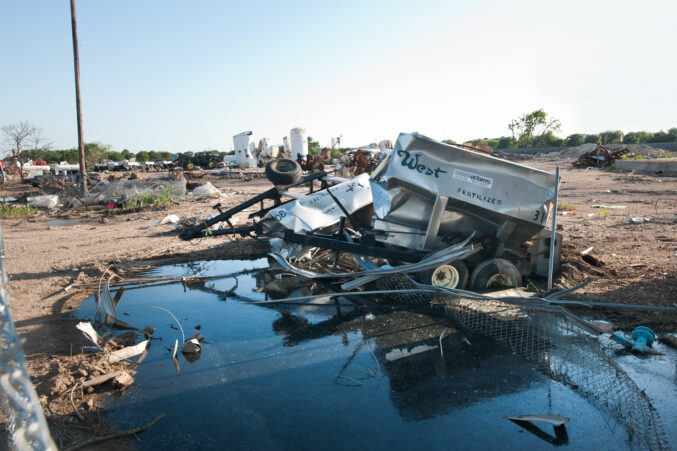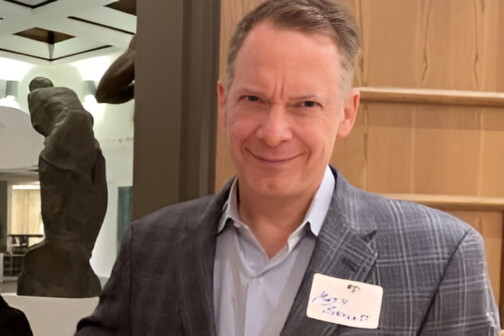In 1985, a young Skip Hollandsworth followed a bright little light around Dallas. Max Goldblatt stood out among the pressed suits and the polite politics that still occupy City Hall 40 years later. Skip’s subject was a firebrand hardware store owner from Pleasant Grove who decided he could be mayor, and once he found an audience, his words “flared across the auditorium like sheet lightning.” (Among other things, some of those words argued for turning Ross Perot’s EDS office park into an actual city park.)
“Max Goldblatt’s Last Hurrah” follows his hopeful, doomed push to be mayor of Dallas. He narrowly lost to Starke Taylor, the moneyed and buttoned-up incumbent, but he made a whole lot of noise “in spite of the deliberate, lordly way that Dallas elects its mayors.” That sounds familiar.
He was a three-term City Councilman when he ran for mayor, a decision, he said, was partly determined by the fact that “[N]ot a single person comes up to me on the streets and calls me a little bastard.” His priority policies read like a fever dream of what-ifs: pull out of DART and spend the money building a monorail around the city; direct traffic on Central Expressway south toward downtown in the mornings, and north in the evenings; replace low-income housing projects with houses and a factory “so the poor will have a place to work”; purchase a helicopter with a giant magnet to scoop up abandoned vehicles off roadways to help traffic move.
They were not realistic. They were absurd. And fun. Sometimes an extreme is the way to push against the status quo. He was “a man who,” Skip writes, “If he did not change the Dallas political landscape at least added a couple of thorn bushes, [retaining] an unyielding belief that every man can be a hero.”
Goldblatt changed Dallas, too. He sued the city when he lost a council race in 1967, which was the first legal challenge to at-large districts. He knew how to use the media, making sure his fiery speeches during briefing sessions made the 10 p.m. news. Taylor tried to stay away from him on debate stages; Max went on Central Expressway with signs:
Max backed up traffic on Central when he stood by the road during morning rush hours with a sign that read: “Max says you could be at work now.” That afternoon, he stood on the other side with a sign: “Max says you could be at home by now.”
Goldblatt lost by about five points, narrowly missing a runoff. He retired shortly after Skip’s profile, lost two times for county judge, and died in 1995. But he leaves a legacy that I’m glad this magazine chronicled. If anything, it showed that city politics in Dallas could be fun. And someone willing to take these risks could come really close to actually winning.
“Max Goldblatt’s Last Hurrah,” first published in 1985, is one of our 50 greatest stories. You can read it here.
Author







